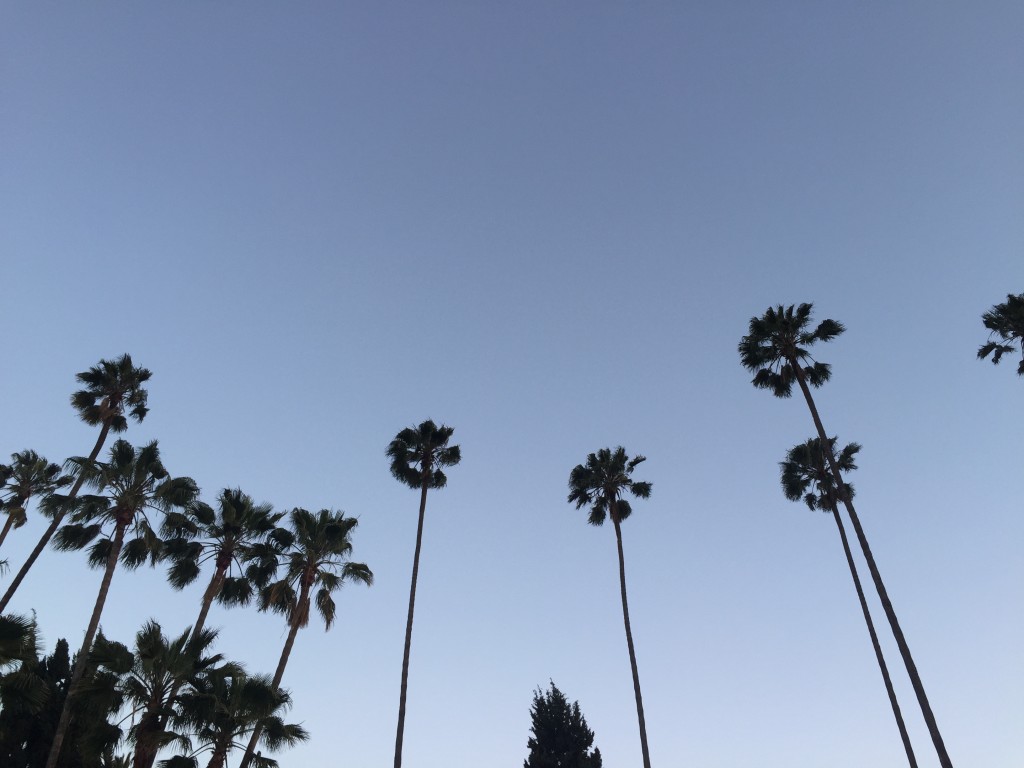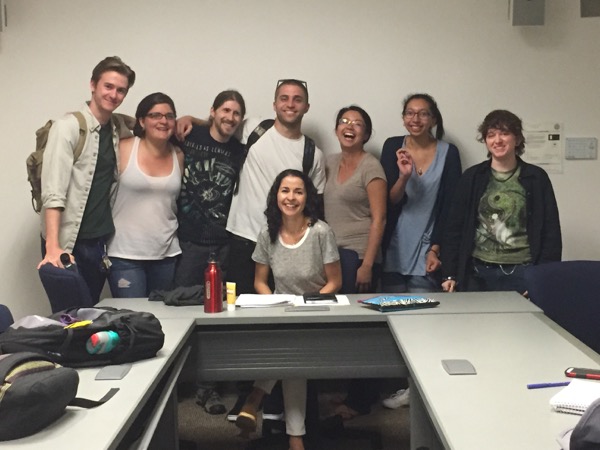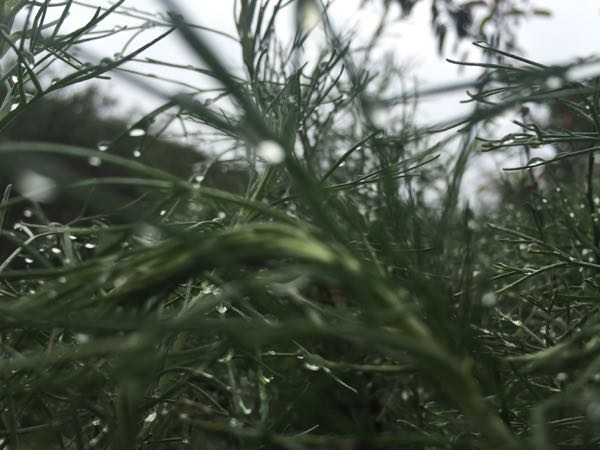News

Summer is here. I am spending it working on my new novel, so things are likely to be very quiet on this blog and on my social media accounts for a while. But I did want to mention that my review of Kamel Daoud’s The Meursault Investigation, an inventive retelling of Albert Camus’ The Stranger from the point of view of the victim’s brother, appeared on the cover of the New York Times Book Review earlier this month.
Also, The Moor’s Account will come out in paperback in the U.S. on August 18 and in the U.K. on August 27. I will be going on book tour again in the fall. Check the events page for details.

I was teaching an undergraduate fiction workshop yesterday when I received a text from my friend Mark congratulating me. “On what?” I asked. I had no idea what he was talking about. Then I found out that The Moor’s Account was named a finalist for the Pulitzer Prize in fiction, along with Richard Ford’s Let Me Be Frank With You and Joyce Carol Oates’s Lovely, Dark, Deep. The winner was Anthony Doerr for All The Light We Cannot See. In shock, I blurted out the news to my students, who erupted in applause and cheers.
I’m thrilled and grateful for this recognition, and I am especially honored to be included in such fine company. When I came across the story of Mustafa/Estebanico six years ago, I immediately knew it had to be told in the form of a novel, but I worried that I did not have the talent to do it and that, even if I did somehow pull it off, no one would care about it. But this character simply wouldn’t let go of me, so I took a leap. I wrote the book I wanted to write, with no expectation of it ever finding a readership or garnering any attention. But, oh, it’s so nice when that happens! My heartfelt thanks to the Pulitzer Prize fiction judges.
Last week, The Moor’s Account was also named a finalist for the Hurston/Wright Legacy Award in fiction, a national prize for published writers of African descent. The other nominees are Chris Abani’s The Secret History of Las Vegas, Ishmael Beah’s Radiance of Tomorrow, Roxane Gay’s An Untamed State, Nadifa Mohamed’s The Orchard of Lost Souls, and Tiphanie Yanique’s Land of Love and Drowning. The winner will be announced at a ceremony in Washington, DC, in October.

I’m popping back on the blog for a couple of announcements. The audio book of The Moor’s Account, read by Neil Shah, was released by Audible last month. UK rights to the book have sold to Mitchell Albert at Garnet, with publication scheduled for August 2015, which will coincide with the paperback release of the book with Vintage, here in the U.S. And I am back on the road again! I will be doing two events at the Tennessee Williams Festival in New Orleans. Details below:
March 27, 2015
10:30 AM
Deceptive Histories, Truthful Fictions
Tennessee Williams New Orleans Literary Festival
The Historic New Orleans Collection
New Orleans, Louisiana
March 28, 2015
11:30 AM
Panel: The Transnationalists – American Writers on Border Crossings
Molly Crabapple, Phil Klay, Laila Lalami, moderated by Pamela Paul
Tennessee Williams New Orleans Literary Festival
Hotel Monteleone, Queen Anne Ballroom
Then, in April, I will be doing a panel at the Los Angeles Times Festival of Books.
April 19, 2015
12:30 PM
Fiction: Untold Stories
Ryan Gattis, Laila Lalami, Atticus Lish, Nina Revoyr, moderated by Michelle Franke
Los Angeles Times Festival of Books
University of Southern California
Do come by and say hi!
Photo: Morning dew on a recent hike in Solstice Canyon, Santa Monica.

I was so happy to return home this morning that when I stepped off the jetway at LAX, I wanted to fall on my knees and kiss the ground. The book tour was great fun, but after seventeen cities I was starting to show signs of wear. There were days when a cab driver would ask me where I had flown from and it would take me a minute to remember where I had been or even where I was going. Now I’m looking forward to spending the next few months at home and getting back to my writing routine.
Before I disappear into my writing cave again, I wanted to mention that The Moor’s Account was included in several year-end lists: the New York Times Notable Books of 2014, NPR’s Best Books of 2014, and the Los Angeles Times Holiday Book Recommendations. Thank you to all who read the novel, reviewed it, and recommended it. I am grateful.
Update! The Moor’s Account is also one of the Wall Street Journal‘s Ten Best Books of the year.
(Illustration credit: Jon McNaught, New York Times)
Good news! The Moor’s Account received a great review in the December 1st issue of the New Yorker. It was also selected by Kirkus Reviews as one of the Best Fiction Books of 2014. Thank you again to everyone who has read the book, shared news about it, or attended one of my events.
My last stop on the Moor’s Account book tour will be in Austin, where I will take part in the UT Symposium for African Writers. Here are the details for my reading:
December 3, 2014
3:00 PM
Reading and conversation with Maaza Mengiste
University of Texas at Austin
Liberal Arts Building 1.302E
I’m looking forward to talking African literature with my friend Maaza and with the other writers present. If you happen to be in Austin this week, come on by. In the meantime, here is a review I wrote for the New York Times about Nuruddin Farah’s new novel, Hiding in Plain Sight.



